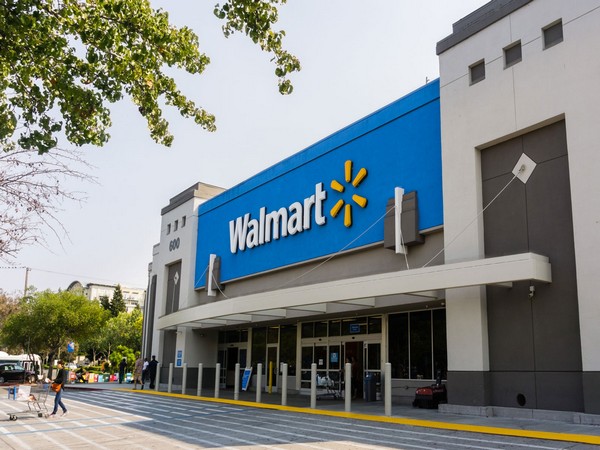Walmart to Launch First Stores in South Africa, Boosting Jobs and Local Supply
Walmart confirmed that sites are already under development, with official opening dates expected to be announced in October 2025.

- Country:
- South Africa
The South African government has welcomed plans by global retail giant Walmart to open its first branded stores in the country before the end of 2025, describing the move as a vote of confidence in the country’s economy and investment potential.
A Boost for South Africa’s Investment Profile
The Government Communication and Information System (GCIS) said Walmart’s decision underscores confidence in South Africa’s economic resilience and its appeal as a reliable investment destination.
“Walmart’s investment in South Africa is an expression of confidence in the country. It underscores a strong belief in the country’s economic trajectory and confirms that South Africa remains a reliable investment destination,” GCIS said in a statement.
Building on the Growth Summit
The announcement follows Walmart’s first growth summit held in South Africa earlier this year, which focused on identifying and recruiting small and medium-sized suppliers from across South Africa and the African continent.
The summit was widely seen as part of Walmart’s long-term strategy to integrate local supply chains into its global retail ecosystem, ensuring that South African producers gain access not only to domestic markets but potentially also to international ones.
“Walmart’s commitment to sourcing locally produced products will contribute to the growth of the economy and job creation, which are apex priorities of the government’s medium-term development plan (MTDP),” GCIS added.
Walmart’s Commitment to Communities
Walmart International President and CEO, Kath McLay, said the company is excited to bring the Walmart brand directly to South Africa, promising that the new stores will reflect the needs and aspirations of local communities.
“By listening and working together, we aim to build lasting relationships and deliver a delightful shopping experience that reflects the needs and aspirations of South Africans,” McLay said.
She added that the company will not only focus on affordable retail but also community initiatives, job creation, and partnerships with local entrepreneurs.
Wide Product Range with a Local Touch
The South African Walmart stores will carry a diverse range of merchandise, including fresh groceries, household essentials, apparel, and technology products. Importantly, Walmart has committed to stocking locally sourced goods, ensuring that South African suppliers and small businesses benefit from its entry into the market.
“By partnering with South African suppliers and entrepreneurs, Walmart will bring its signature Every Day Low Prices and global standards to the market, while celebrating the country’s rich culture,” McLay said.
Store Rollout and Next Steps
Walmart confirmed that sites are already under development, with official opening dates expected to be announced in October 2025. The first stores are scheduled to open before the end of the year, marking a new chapter for retail in South Africa.
In the coming months, Walmart will release more information about store locations, hiring processes, and community development initiatives, creating opportunities for both employment and supplier integration.
Economic and Retail Significance
Walmart’s decision to expand its footprint comes more than a decade after it first entered South Africa through its majority acquisition of Massmart Holdings in 2011. While the Massmart brand provided Walmart with a presence in wholesale and retail, the launch of dedicated Walmart-branded stores marks a strategic shift toward direct retail operations.
Analysts suggest this move could intensify competition in South Africa’s retail sector, particularly against established players such as Shoprite, Pick n Pay, Spar, and Woolworths, while also potentially lowering prices for consumers.
For government, the investment is a much-needed signal to global markets that South Africa remains open for business and capable of attracting foreign direct investment (FDI) even in challenging economic times.










